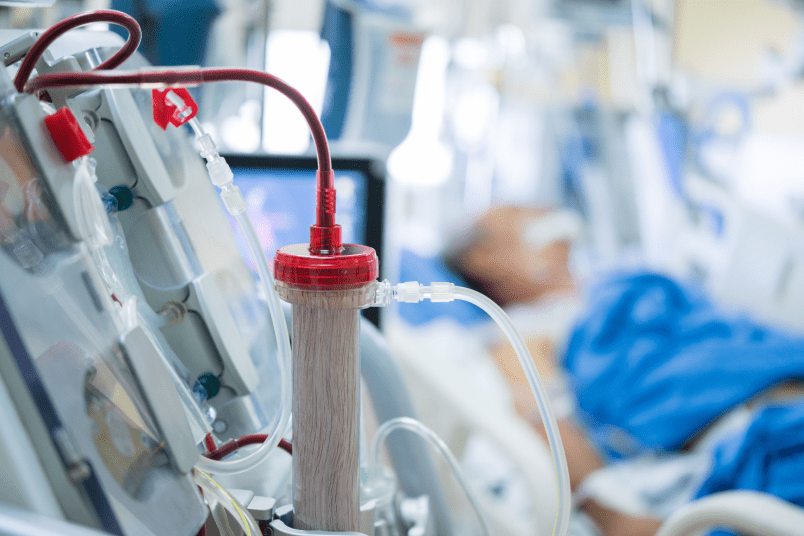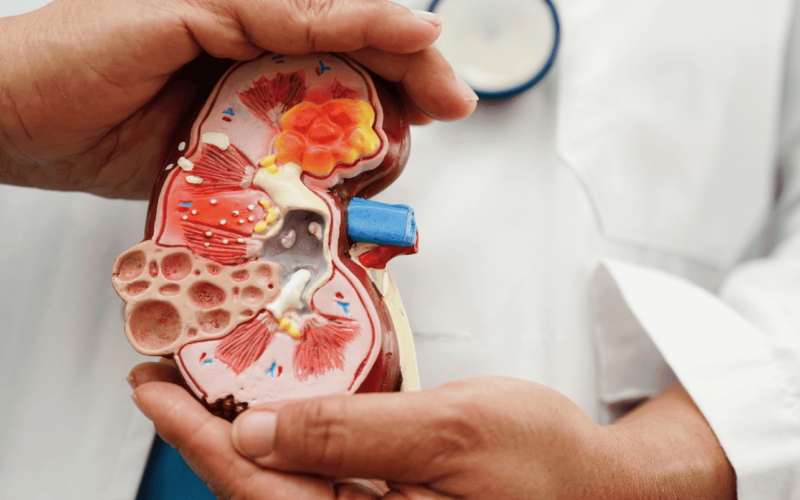In the past few years, gym supplements have become increasingly popular in the fitness & bodybuilding world. They are used to increase muscle mass and enhance athletic performance. Many people use these supplements to help them reach their fitness goals. However, there are increasing concerns about the risks associated with the consumption of these supplements, especially the risk of developing kidney disease.
Typography is the art and technique

Gym supplements have become a staple for athletes and fitness enthusiasts who want to achieve the perfect physique and peak athletic performance. These supplements promise to improve workouts, build muscle mass, and enhance overall health. Most gym supplements contain a mix of ingredients, such as proteins, amino acids, caffeine, creatine, vitamins, and minerals.
One of the main reasons why gym supplements are so popular is because they can help reach fitness goals faster. Many athletes and fitness enthusiasts use these supplements for a variety of reasons, including muscle recovery, muscle soreness relief, and improved energy levels.
The dark side of gym supplements

The use of gym supplements has its advantages, however, there is a growing concern regarding their usage: the risk of developing kidney disease. Kidney disease is a condition in which the kidneys are unable to effectively filter waste and toxins out of the bloodstream. Overconsumption of certain dietary supplements can put strain on these essential organs, resulting in a variety of kidney-related problems.
Harmful effects of various gym supplements on the kidneys

Excessive use of gym supplements has adverse consequences for kidney health.
Caffeine: Caffeine, a stimulant commonly found in pre-workout supplements and energy drinks, can provide a temporary boost of energy. However, its excessive consumption can have a detrimental effect on renal health. If not balanced with adequate water intake, caffeine consumption can lead to dehydration, which can be detrimental to the kidneys as they require adequate hydration to effectively filter waste and toxins. Chronic dehydration can lead to kidney issues over time.
Creatine: Creatine is widely used to improve muscular strength and performance. Overuse or long-term use of creatine can potentially put strain on the kidneys. Additionally, creatine supplements may increase the amount of creatinine, a waste product that is filtered by the kidneys, in the body.
Steroids: Anabolic steroids are synthetic compounds that mimic the action of the hormone testosterone. These are commonly taken by bodybuilders or athletes in pursuit of rapid muscular growth and enhanced athletic performance. Steroid abuse can result in a variety of health issues, including damage to the kidneys. Steroids cause kidneys to work harder to filter out toxins, leading to increased strain on the kidneys. Furthermore, steroids can raise blood pressure levels, further exacerbating the stress on the kidneys.
Diuretics: Diuretics are commonly used to aid in weight loss or reduce water retention and have been linked to kidney damage. They can increase urine production, leading to dehydration and an imbalance of electrolytes such as potassium and sodium. This can place considerable strain on the kidneys, hindering their capacity to regulate fluid and electrolyte levels.
Factors contributing to kidney issues

One of the most common causes of kidney problems is dehydration, which is often enhanced during strenuous exercise. The unregulated nature of the gym supplement industry also means that some products contain unknown or harmful ingredients that can be toxic to kidneys.
Protecting kidney health

As concerns about kidney health continue to grow, it is essential to take preventive measures to safeguard the kidneys.
Consult a healthcare professional: It is recommended to consult a healthcare professional prior to starting any new supplements or making substantial alterations to one's diet or exercise regimen, as they may be able to provide tailored advice based on one's health condition and individual requirements.
Stay hydrated: Consumption of adequate amounts of water is essential to facilitate the efficient filtration of waste and toxins.
Follow recommended dosages: It is essential to adhere to the dosage recommendations indicated on supplement labels.
Monitor creatinine levels: It is recommended that individuals taking creatine supplements have their creatinine levels monitored on a regular basis through blood tests. An elevated creatinine level may be indicative of renal stress, thus, regular monitoring can help to identify potential problems earlier.
Balanced diet: A well-balanced diet can have a positive impact on health, including renal function. It is essential to incorporate a wide range of foods, including fresh fruits and vegetables, lean meats, and whole grains.
Limit alcohol and caffeine: Excessive alcohol and caffeine consumption can lead to dehydration, which can strain the kidneys.
While many individuals turn to gym supplements in pursuit of better fitness and health, it is essential to be mindful of their potential risks, particularly to kidney health. It is crucial for consumers to stay informed and exercise caution when considering the use of such supplements. Having a balanced and well-informed approach to fitness and nutrition can help mitigate the risks associated with these products and ultimately contribute to better overall health and well-being.
NU Hospitals has established itself as one of the premier and cutting-edge kidney hospitals in Bangalore, India. It is renowned for its nephrology and urology specialists, who are committed to providing the best possible care to their patients.
References.
Author: Dr Nikhil J Elenjickal+Dr. Aashish S

